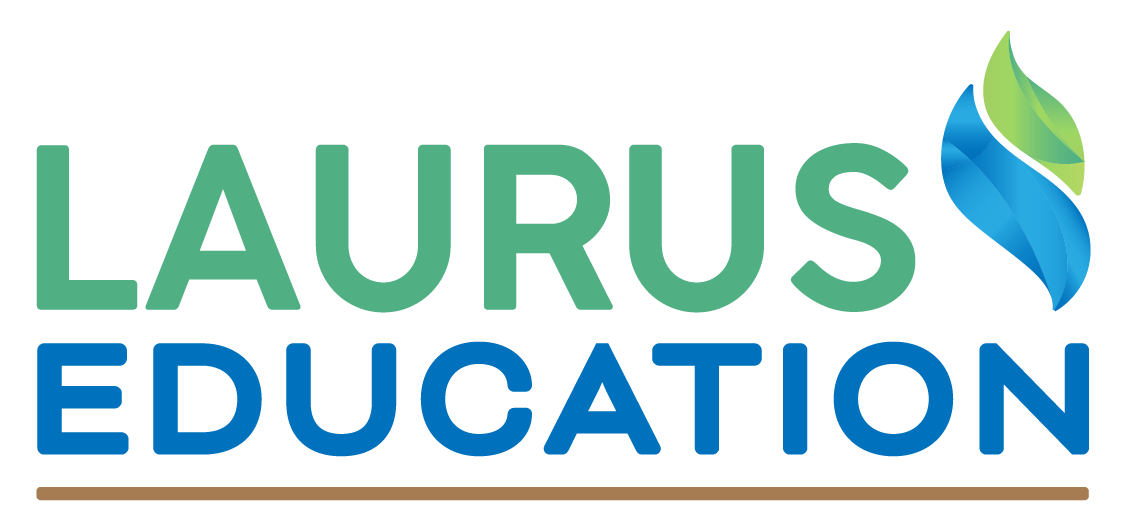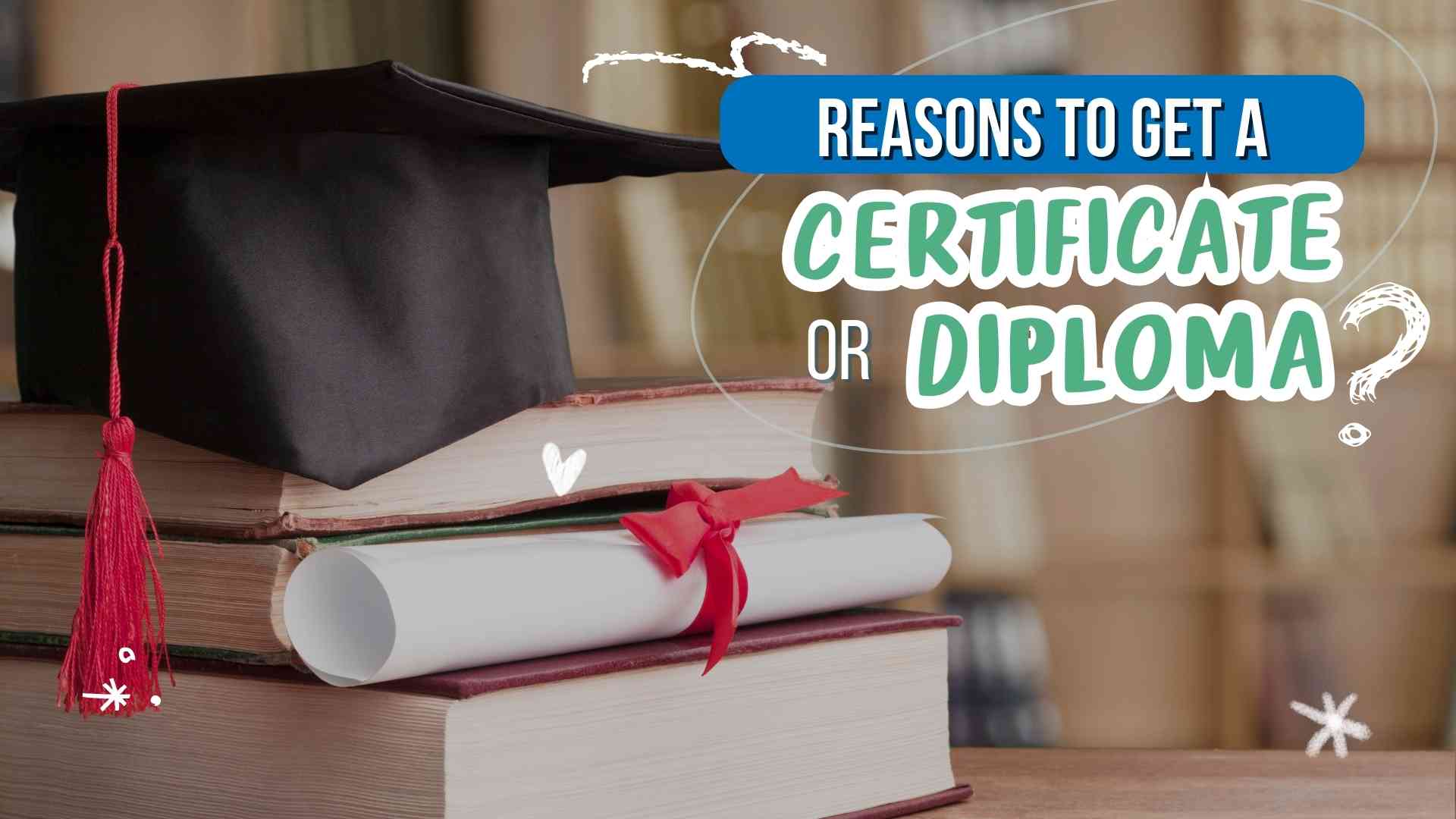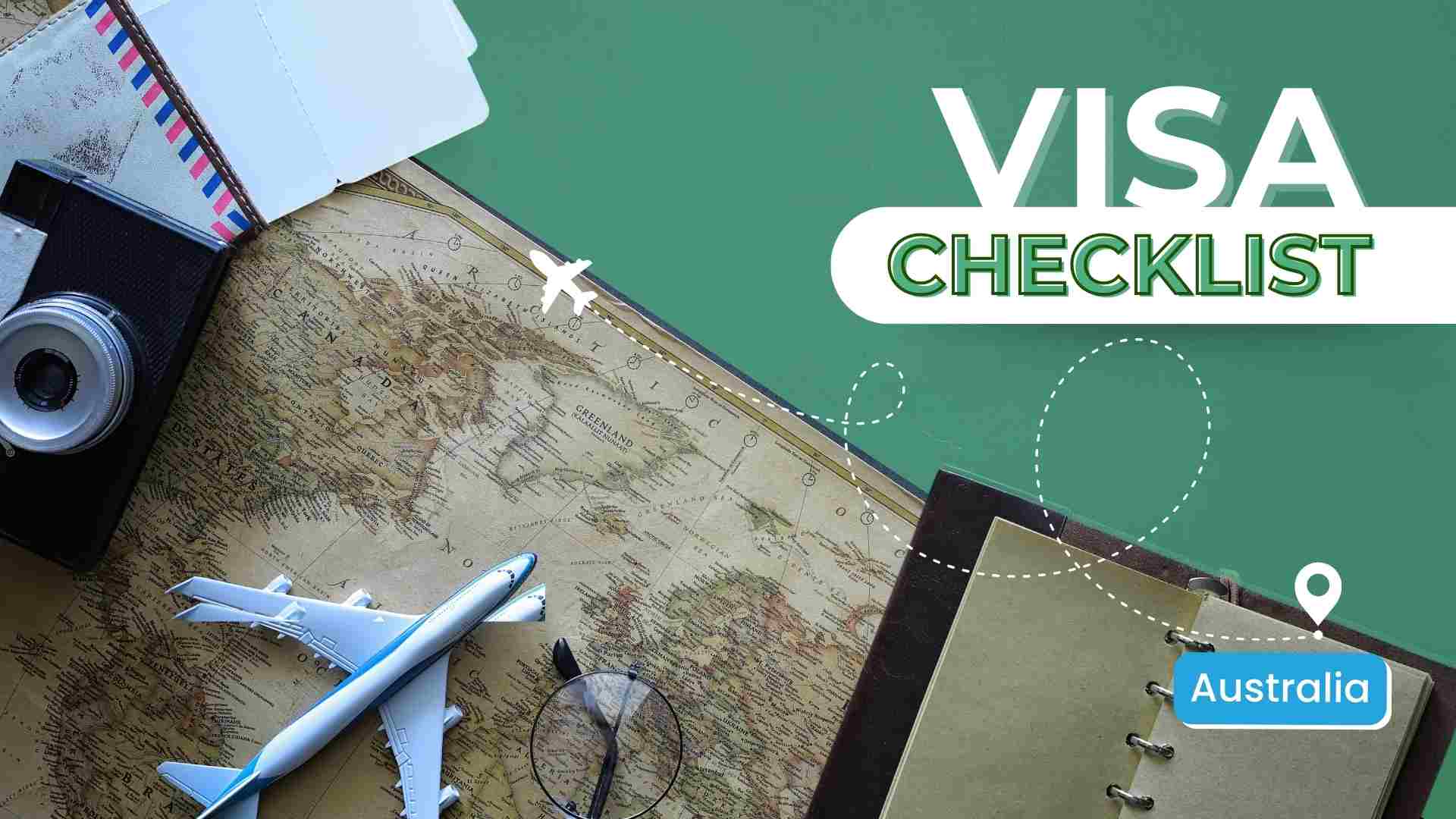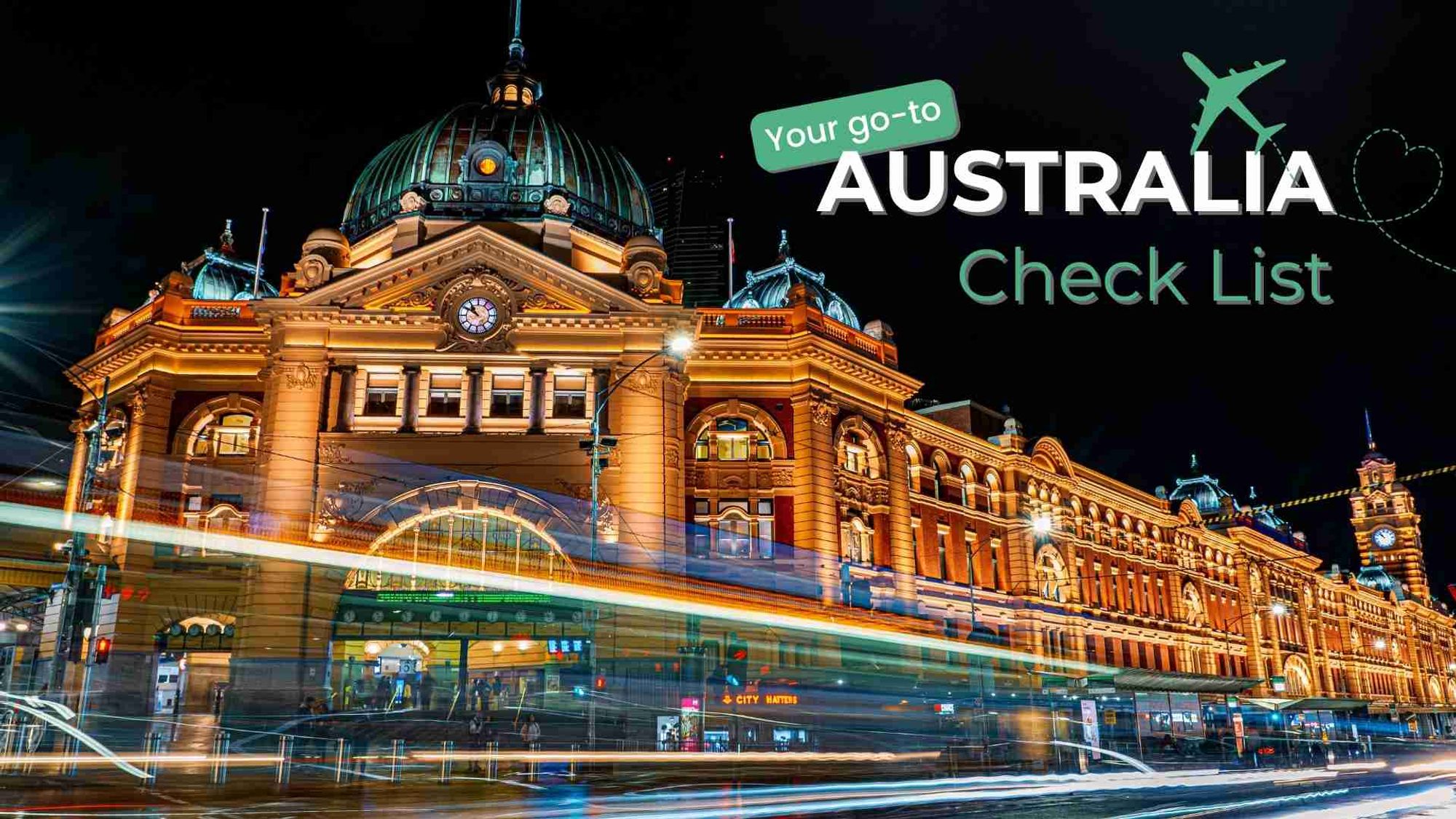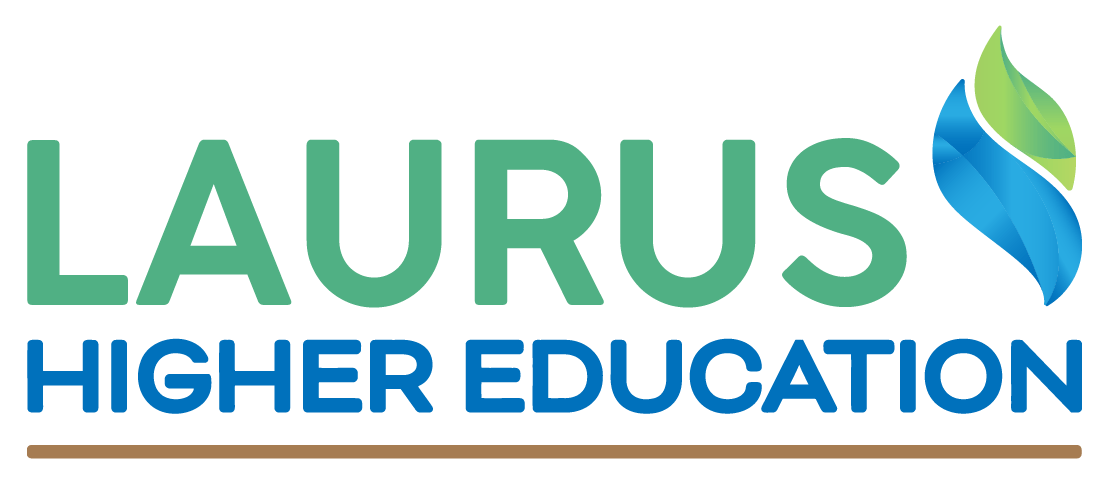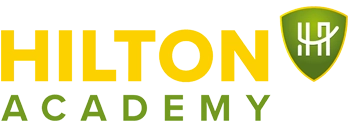Reasons to Get a Certificate or Diploma
In today’s fast-paced world, where industries are constantly evolving and new skills are in demand, staying ahead of the curve is essential. One effective way to do so is by obtaining certificates or diplomas in your field of interest.
What is a Certificate and Diploma?
Certificates and Diplomas are educational courses a person can complete to enhance their knowledge of a specific topic. Both courses can offer education aimed at a specific work industry.
How does the education system work in Australia?
The education system in Australia operates across various levels, each catering to different educational needs and career aspirations. Understanding these levels can help you make informed decisions about your academic and professional journey.
We’ll explain here the differences between the different education levels
Australian Qualifications Framework
The Australian Qualifications Framework (AQF) is the national policy for regulated qualifications in Australian education and training. The AQF comprises 10 levels, ranging from certificates to doctoral degrees. It incorporates the qualifications from each education and training sector into a single comprehensive national qualifications framework.
Let’s break down some of these levels to give you a better understanding of where a certificate or diploma fits:
| Level | Description | Duration | Example Courses |
|---|---|---|---|
| Certificate III | Certificate III is designed for individuals seeking entry-level positions in various industries. They provide foundational skills and knowledge necessary for skilled work and serve as a pathway for further learning and career advancement. | 1-2 years | AUR30620 – Certificate III in |
| Certificate IV | Certificate IV courses offer more specialised training and a deeper understanding of specific areas within a chosen field. They equip students with the skills required for skilled work or further study at a higher level. | 0.5-2 years | AUR40216 – Certificate IV in |
| Diploma | Diplomas provide advanced skills and knowledge for individuals aspiring to work in paraprofessional roles or pursue higher education. These programs delve deeper into specialised areas and often require completion of Certificate IV or equivalent qualifications as prerequisites. | 1-2 years | AUR50116 – Diploma Of |
Besides these three levels, some higher levels provide deeper knowledge and more specialised skills.
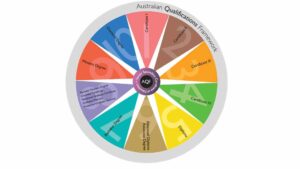
For detailed information on the 10 different levels of the Australian Qualifications Framework and the education systems of Australia, you can refer to the: Australian Qualifications Framework
Why you should get a Certificate and Diploma?
# A great starting point!
Certificates and diplomas are excellent starting points for launching your career in various industries. They offer foundational knowledge and skills that can set you on the right path towards your professional goals. For instance, AUR30320 – Certificate III in Automotive Electrical Technology from Paragon Polytechnic can get you a kickstart with the essential skills for entry-level positions in the automotive industry.
# Gain hands-on experience
Many certificate and diploma programmes include practical, hands-on learning activities. This hands-on approach enables you to apply theoretical knowledge in real-life situations, developing your skills and preparing you for the demands of your chosen profession. For example, CHC33021 – Certificate III in Ageing Support from Allied Institute will have work-based training which allows you to have 120 hours of work placement.
# Ticket to advancement
When studying for a certificate or diploma, you will gain important skills, prerequisites, and academic confidence. Once you finish with the course, and if you complete all of the entry requirements, you can often fast-track your studies and transfer your credits directly into an undergraduate degree to expand your qualifications and boost your career.
# Cost benefits
When you’re uncertain about your career path or still exploring options, investing in further education can be a prudent financial move. A certificate or diploma is frequently less expensive than other qualifications because it requires less time to complete. It can sometimes be less than half the cost of a bachelor’s degree. For example, a BSB50820 – Diploma of Project Management from Collins Academy only costs you $5,000 for a 52-week course for onshore students.
To explore the pricing and offerings of various certificate and diploma programs, you can visit our affiliated colleges websites:
Allied Institute (Health), Collins Academy (Business), Paragon Polytechnic (Automotive), Hilton Academy (Cookery).
Why Certifications are still important in 2024?
# Keeping up with the newest trends
As we navigate through 2024, the landscape of technology and job markets continues to evolve rapidly. Certifications play a key role in keeping professionals up-to-date with these changes. By earning industry-aligned credentials, you not only gain current knowledge but also secure a competitive edge, ensuring relevance in your field despite constant shifts in technology and employment demands. Certification programs consistently refresh their contents to mirror the latest trends, technologies, and best practices, making them invaluable for staying ahead of the curve.
# Acquiring Targeted Skills
In today’s fast-paced world, acquiring specific, practical skills quickly is more important than ever. Certification programs are designed to provide these skills in a focused and expedited manner, allowing professionals to narrow down their expertise to exactly what’s needed. This commitment to maintaining a cutting-edge curriculum makes certifications especially valuable for those looking to enhance their capabilities swiftly and efficiently. By staying current with industry innovations, certified professionals enhance their reputation and improve their competitiveness in the job market.
# Professional Growth
Certifications not only validate your knowledge and skills, but they also demonstrate your commitment to professional growth. Employers looking for skilled and qualified employees frequently prioritise candidates with relevant certifications. These qualifications provide real evidence of your dedication and proficiency, distinguishing you from others competing for similar possibilities.
Explore the study areas on our website; and take the first step towards achieving your career goals today!
If you have any questions or you’re looking to make an enquiry, feel free to Contact Us.
We’re here to support you on your journey to success.
